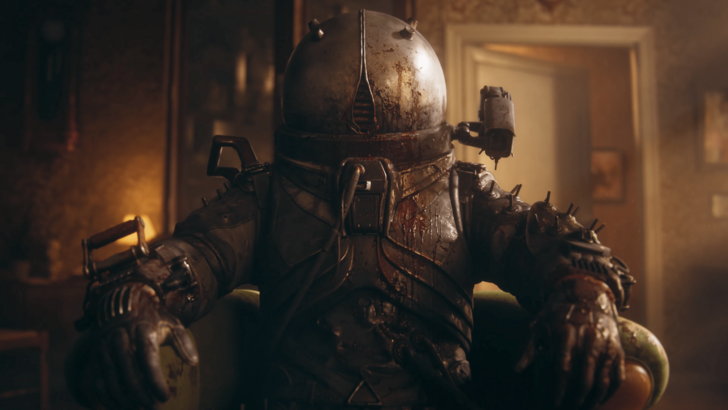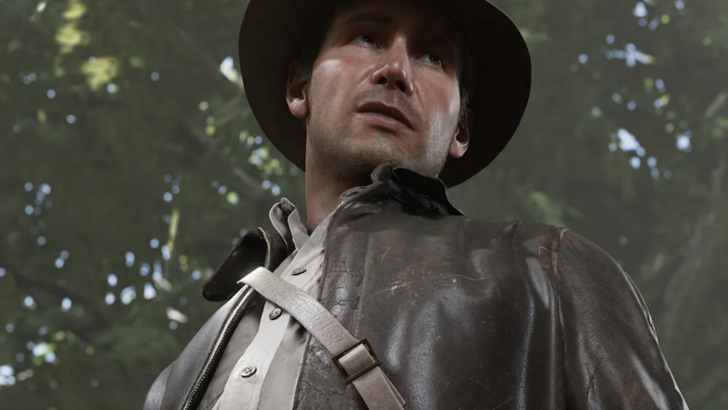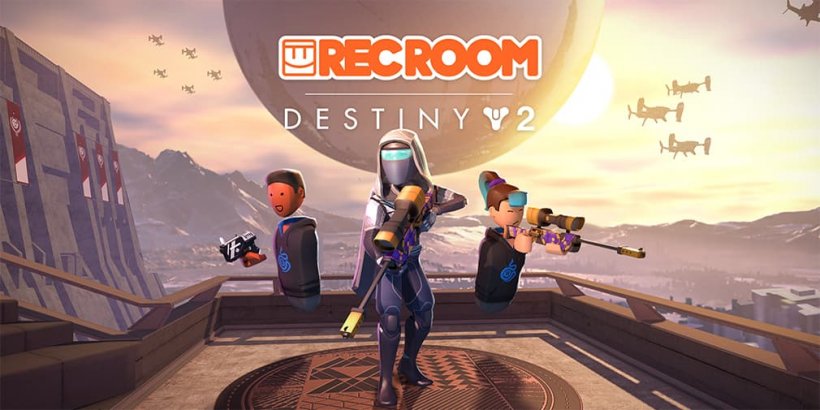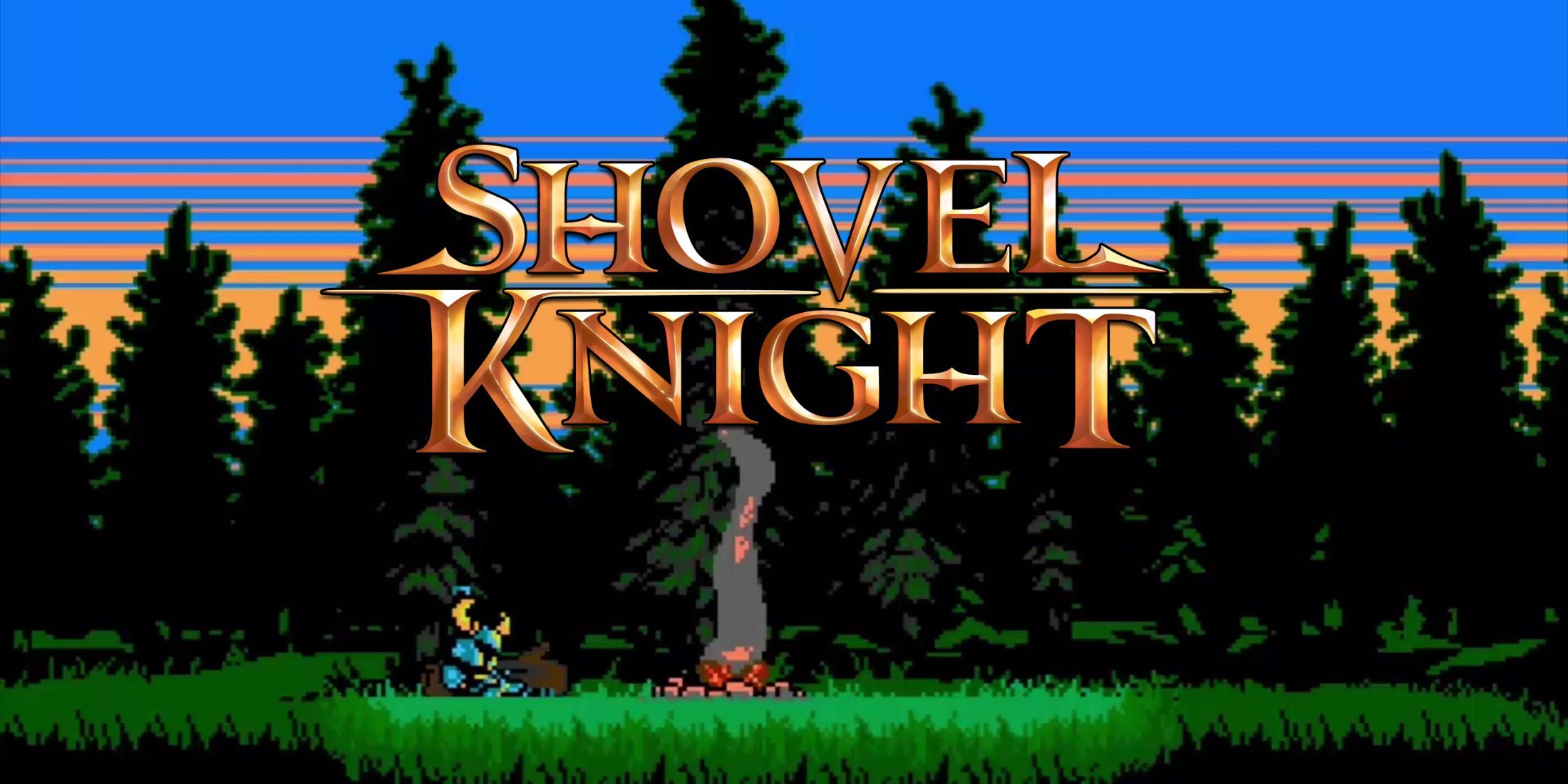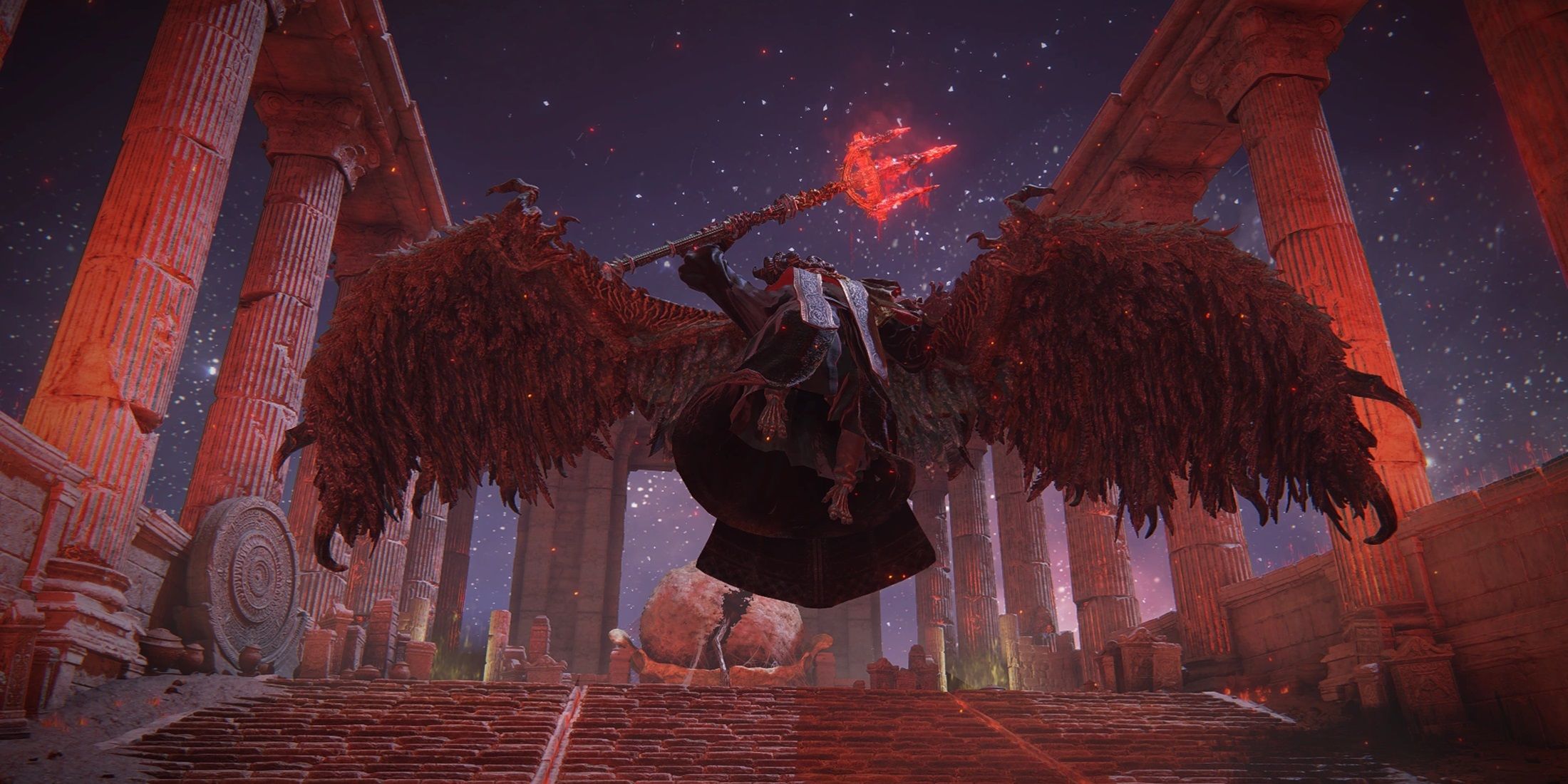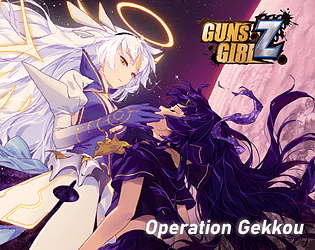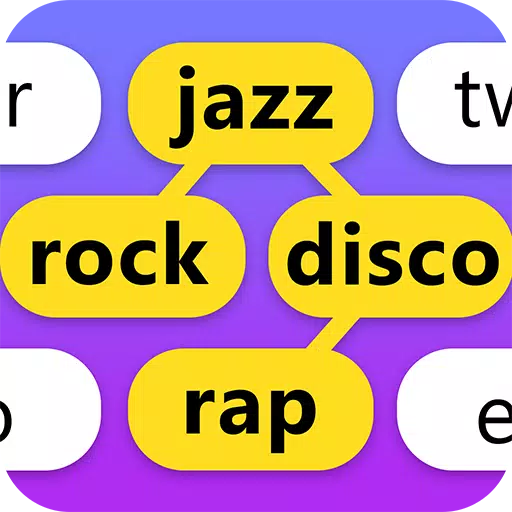In a recent financial call, EA's CEO Andrew Wilson firmly stated that the company will not be following the trend of increasing game prices, unlike competitors such as Microsoft and Nintendo, who have moved to $80 for their latest titles. Wilson emphasized EA's commitment to providing "incredible quality and exponential value for our playerbase," pointing to the success of their co-op adventure Split Fiction, which has now sold 4 million copies.
Wilson elaborated on the evolution of EA's business model over the last decade, noting the shift from primarily selling physical copies in retail stores to a diverse range of pricing strategies. "In a world where everything we did 10 years ago was about selling shiny discs in plastic boxes on retail shelves — well, that’s still a part of our business, it's a significantly smaller part of our business, and we now have pricing representing everything from free-to-play all the way to deluxe editions and beyond," he said. He further explained that EA's goal is to offer value and quality across all price points, from $1 to $100, ensuring a robust and growing business.
CFO Stuart Canfield reinforced Wilson's comments, stating that EA's current pricing strategy remains unchanged. This decision comes at a time when Microsoft confirmed it was raising Xbox prices last week, affecting not only consoles and accessories but also setting the stage for new, first-party games to be priced at $79.99 around the holiday season.
The gaming industry has seen a broader trend of price increases, with AAA gaming prices jumping from $60 to $70 in recent years. Nintendo has also announced $80 pricing for upcoming Switch 2 exclusives like Mario Kart World and other Switch 2 Edition games. The Switch 2 itself is set to launch at $450, a move that has been met with criticism from fans but acknowledged as inevitable amid current economic conditions by analysts.
Given EA's stance, fans can expect the next iterations of EA Sports FC, Madden, and Battlefield to maintain the $70 standard edition pricing. This decision stands in contrast to the company's recent actions, where EA cut around 100 jobs at Apex Legends developer Respawn Entertainment, alongside wider cuts impacting approximately 300 individuals across the organization.

 Latest Downloads
Latest Downloads
 Downlaod
Downlaod




 Top News
Top News